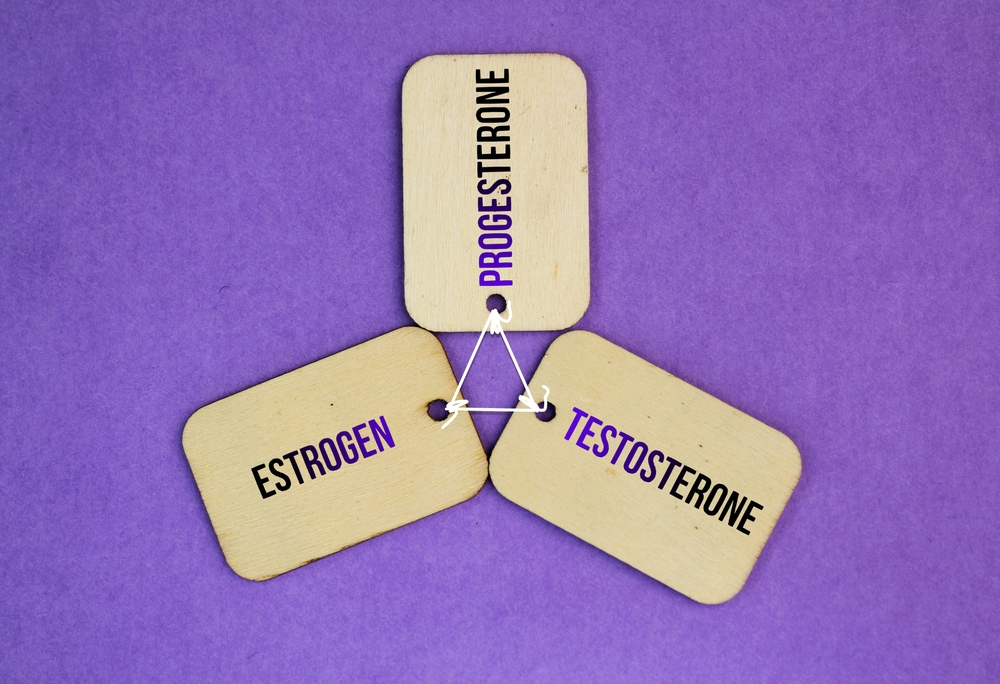estosterone is commonly known as a male hormone, but it is also present in women’s bodies, although in lower quantities compared to men. In women, testosterone is primarily produced in the ovaries and adrenal glands. The fact that levels are 10- to 20-fold lower makes the significance of women’s sensitivities to fluctuating levels of testosterone a commonly overlooked problem. Testosterone plays a vital role in various bodily functions, including the development and maintenance of muscle mass, bone density, brain health, and sexual function.
While the effects of progesterone and estrogen levels on the menstrual cycle and mood have been well documented, testosterone’s effects on mood and depression have rarely been recognized. Multiple studies indicate that lower testosterone levels contribute to health problems including muscle weakness and osteoporosis, as well as mental health issues, sleep issues, depressed mood, fatigue, and irritability.
Testosterone replacement therapy in women is typically prescribed when an imbalance in testosterone levels negatively impacts their well-being. Women may have low testosterone levels, which can lead to symptoms such as fatigue, decreased muscle mass, stubborn weight gain, brain fog, decreased libido, and mood changes. Testosterone therapy may bring resolution to these symptoms.
Benefits of testosterone replacement therapy include:
- Increased libido and sexual function: Testosterone is an essential hormone for sexual desire and arousal in women. Testosterone replacement therapy can help improve sexual desire and enhance sexual function.
- Improved mood and well-being: Testosterone has been associated with mood regulation, and testosterone replacement helps improve mood, reduce fatigue, and enhance overall well-being.
- Increased energy levels: Testosterone plays a role in energy production and stamina. Optimizing testosterone levels will increase energy levels and improve vitality.
- Maintenance of bone density: Testosterone contributes to bone health by helping to maintain bone density and reducing the risk of osteoporosis-related complications.
- Enhanced muscle strength and body composition: Testosterone plays a role in muscle development and maintenance by improving muscle strength and enhancing body composition by increasing lean muscle mass.
- Improved cognitive function: Some research studies show that testosterone has a positive impact on cognitive function, including memory and verbal skills.
Testosterone therapy for women typically involves the use of a low dose of testosterone, often in the form of a cream, injections, oral, or pellets. The aim is to maintain testosterone levels within a physiologic range for women. It is important to note that the goal of testosterone therapy in women is not to mimic male levels of testosterone but rather to restore levels that are appropriate for women’s health.
However, it’s crucial to remember that testosterone therapy for women should only be prescribed and monitored by a qualified healthcare provider. They will assess the individual’s specific circumstances, including hormone levels and overall health, to determine if testosterone therapy is appropriate and safe. Like any medical treatment, potential risks and benefits should be thoroughly discussed with a healthcare provider.
Top of Form
At Apex Hormone Health we develop treatment plans unique to you! Let us help you to get back to optimal health. Telehealth appointments are available.
Contact us through our website: www.apexhormonehealth.comBottom of Form
Call or text 720-856-0200.
Email: info@apexhormonehealth.com.







